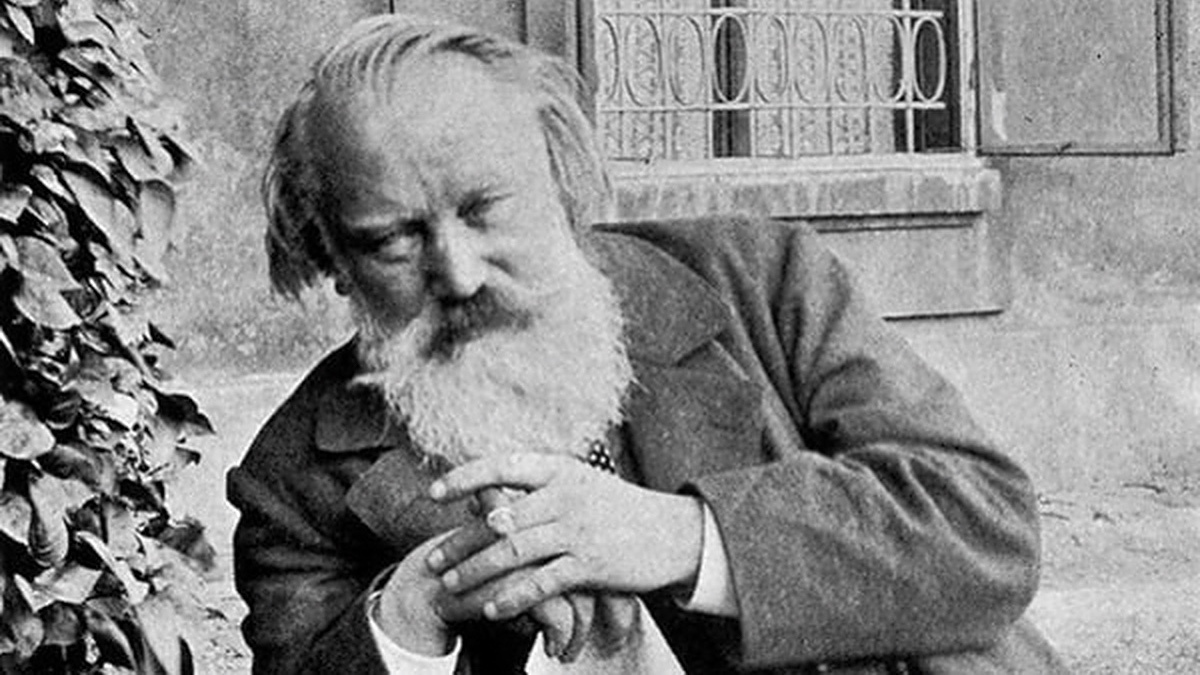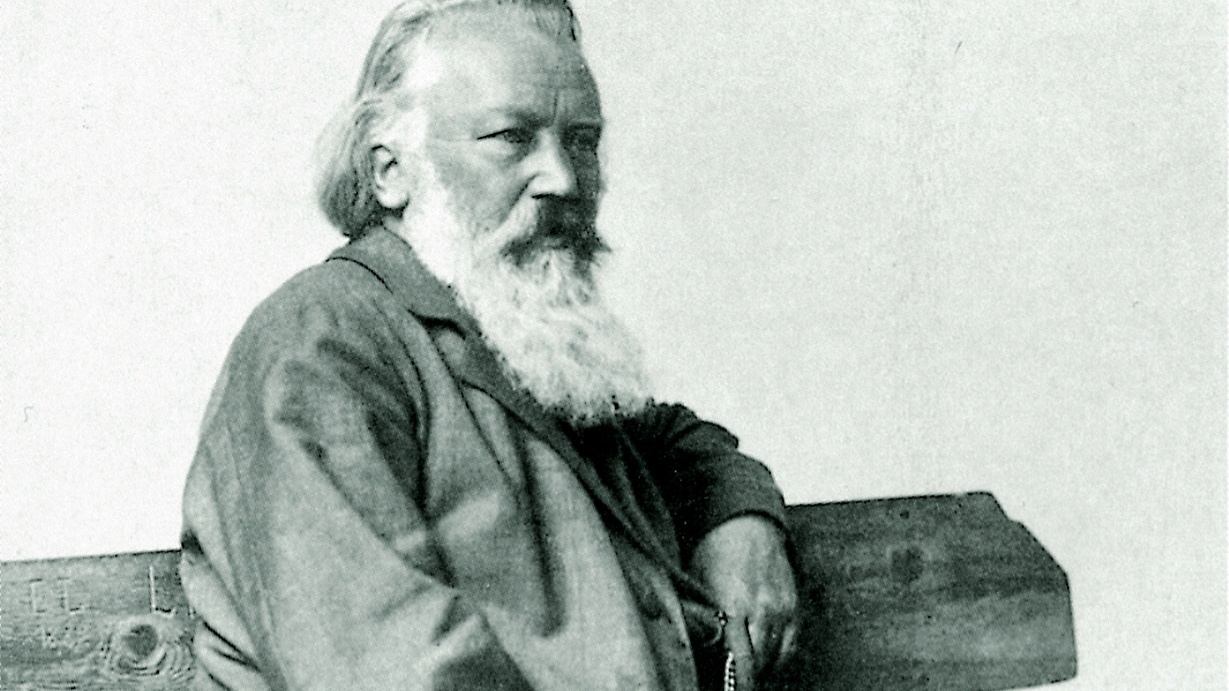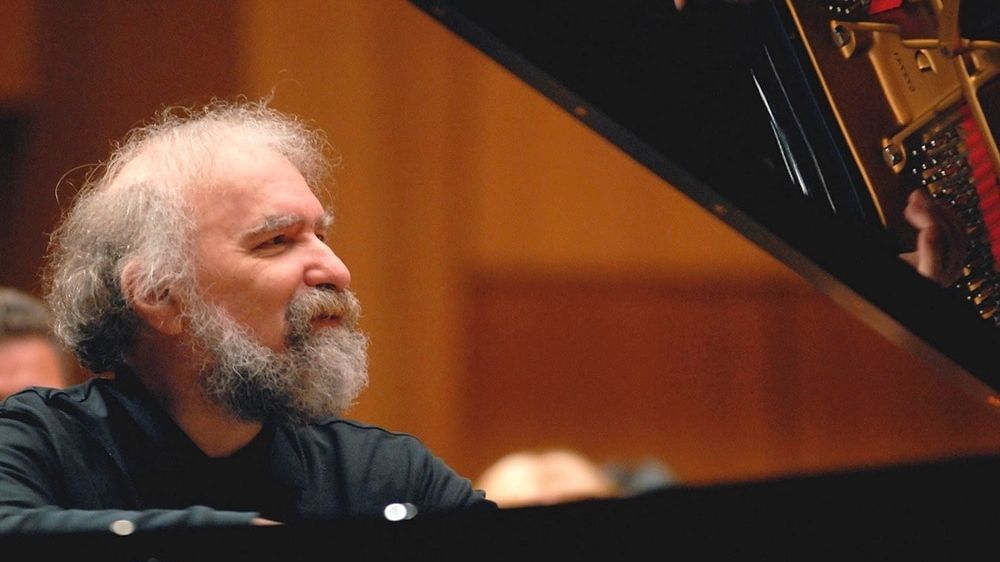Brahms’ Four Klavierstücke, Op. 119: Progressive Meditations
Johannes Brahms wrote the Four Pieces for Piano (Klavierstücke), Op. 119 during the summer of 1893 in the Upper Austrian spa town of Bad Ischl. The brief character pieces are among the final, autumnal works of a composer who had announced his official retirement three years earlier. They inhabit an introspective world, at times filled with wistful nostalgia. The Klavierstücke, Op. 119 are preceded by three similar cycles (Op. 116, 117, and …







